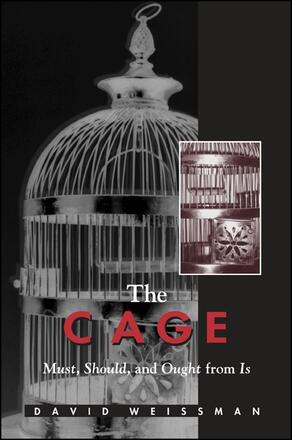
The Cage
Must, Should, and Ought from Is
Alternative formats available from:
Philosophical examination of the relationship of normativity and freedom.
Description
Hume argued that is does not entail ought; that we cannot infer necessity or obligation from any description of actual states of affairs. His philosophical heirs continue to argue that nothing outside ourselves constrains us. The Cage maintains, contrary to Humean tradition, that reality is a set of nested contexts, each distinguished by intrinsic norms. Author David Weissman offers an innovative exploration of these norms intrinsic to human life, including practical affairs, morals, aesthetics, and culture. In this critical examination of character formation and the conditions for freedom, Weissman suggests that eliminating context (because of regarding it as an impediment to freedom) impoverishes character and reduces freedom. He concludes that positive freedom—the freedom to choose and to act—has no leverage apart from the contexts where character forms and circumstances provide opportunities to express one's thoughts, tastes, or talents.
David Weissman is Professor of Philosophy at City College of New York and the author of many books, including Lost Souls: The Philosophic Origins of a Cultural Dilemma, also published by SUNY Press.